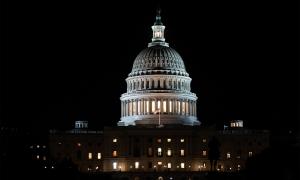article
1,127 Results
article
article
“They Should Have Listened”: Thoughts on Spring Valley
This blogger responds to the assault of a student at Spring Valley High School and reflects on the message that “kids should just listen and stay out of ‘trouble.’”
text
Informational
"Thug Is the New N-Word"
In this segment from 3 1/2 Minutes, Ten Bullets, the viewer gets multiple perspectives about the murder of Jordan Davis. This transcripts focuses on his parents’ reflections on his birth, their reactions to his murder and testimony from the trial of Michael Dunn.
August 19, 2016
text
Informational
An Act to Protect Religious Freedom and Recognize Equality in Civil Marriage
With this law, passed by the General Assembly in 2009, Vermont became the fourth state to recognize same-sex marriages.
July 2, 2014
article
New Orleans, Texas

One year after Hurricane Katrina, hundreds of thousands of displaced students remain scattered in schools across the nation. In Houston, which has the largest concentration of evacuees, two schools continue helping displaced students adjust to new surroundings -- and honor what was lost or left behind.
article
Toolkit for “The Subscribed Classroom: Using Podcasts to Teach About Social Justice”

Before you introduce a podcast to your students, consider these steps and recommendations.
article
Teaching the Government Shutdown

Avoid polarized arguments about the federal government shutdown by emphasizing historical context, processes and the shutdown's effect on people across the United States.
article
Your Trans Students Need You

What are the policies in place to protect trans students at your school? How can you make them stronger?
article
You Spoke, We Listened
Reader reactions: your responses to Islamophobia, native voices and Kid President.
